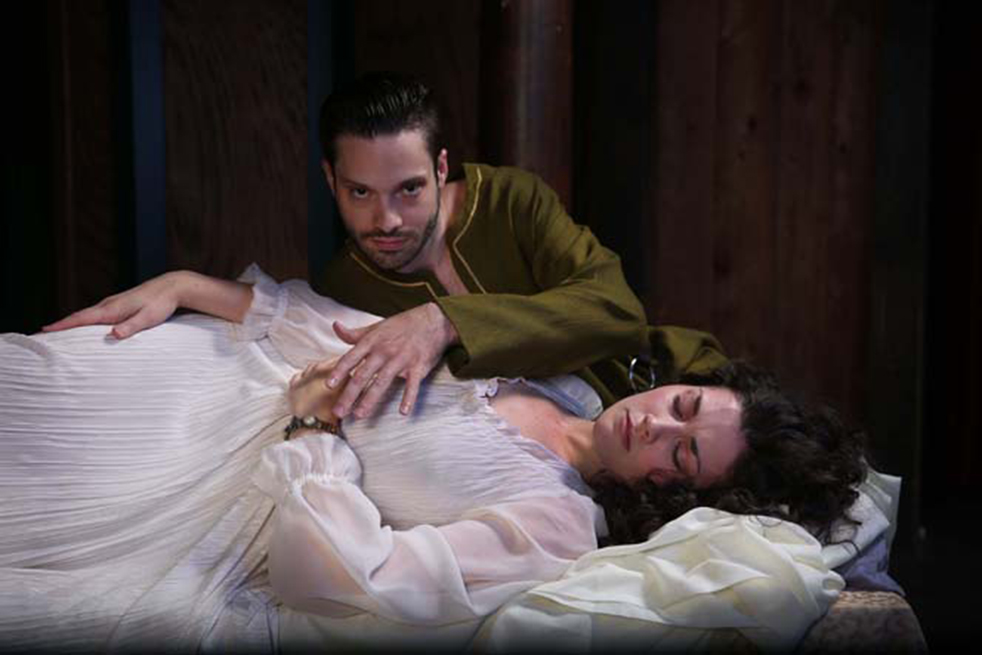The New American Shakespeare Tavern has graced Atlanta with original practice renditions of William Shakespeare’s works for more than twenty years. This stage ignores the fourth wall, calling attention to anyone unfortunate enough to have their phone ring during a performance.
With the end of this year’s continuation of the tavern’s summer tradition of performing “A Midsummer Night’s Dream” and “The Complete Works of William Shakespeare (Abridged),” the playhouse turned to some of the Bard’s lesser known plays. After two weeks performing “Pericles, Prince of Tyre,” the Shakespeare Tavern turned its eye on “Cymbeline,” a play that was once classified as a tragedy.
Throughout the centuries, however, historians and critics have shifted towards the idea that “Cymbeline” might not merit this classification. Perhaps due to the low body count, this play is now considered a romance, which is quite a bit different from tragedy, inviting the question of whether or not these categories are particularly accurate.
The play opens with the secret husband of Briton’s Princess Imogen (Anna Fontaine), Leonatus (Paul Hester), being banished. He proceeds to Italy, boasting of Imogen’s beauty and faithfulness. His claim is questioned by Iachimo (Jonathan Horne), and the two made a deal; if Iachimo can prove Imogen unfaithful, then the husband would relinquish his claim to her as well as a valuable ring she gave to him before his untimely departure. Iachimo heads for Briton; hilarity ensues, or at least, it was supposed to.
While there were comical parts, audience members could easily wonder how intelligent the characters were. With “Cymbeline,” William Shakespeare, a playwright known for his relatable characters, failed to create a story with reasonable players whom the audience might wish to succeed in their endeavors.
For instance, after having acknowledged that Imogen’s stepmother, the queen, is decidedly evil, Leonatus’s servant, Pisanio, still trusts that the herbs the queen gives him are beneficial resulting in distress for those in the blundering character’s way.
His master, Leonatus, is not much better. He decides to have his wife killed on the word of a complete stranger then happily joins both sides of a war in the hopes of ending his own life.
Even with these illogical and foolish characters, “Cymbeline” does somehow manage to nicely end each of its many plot lines in one undramatic finale. While the end scene is quite intense, the characters failed to come alive throughout the play, not letting the audience enjoy the ending.
Given the material to work with, the actors were hard-pressed to enthrall the audience; this is not to say that most did not make a valiant effort. Throughout the play, Jonathan Horne, who played Iachimo, gave a grand impression of the dastardly wiles of his character, leading the audience to almost like the cunning deceiver. Others seemed a little less enthusiastic about their roles, though this became less noticeable as the play progressed.
Overall: 2/5
